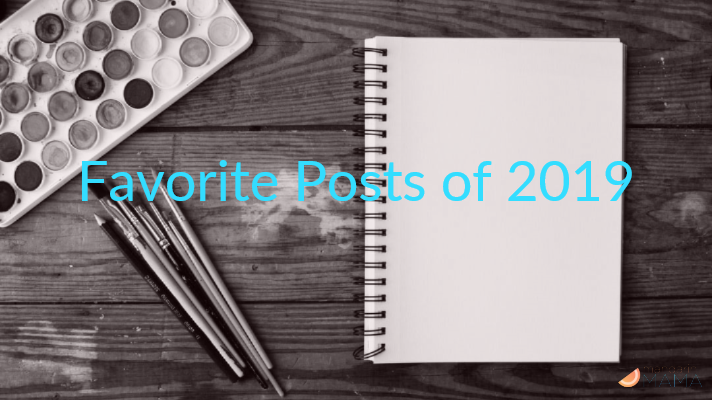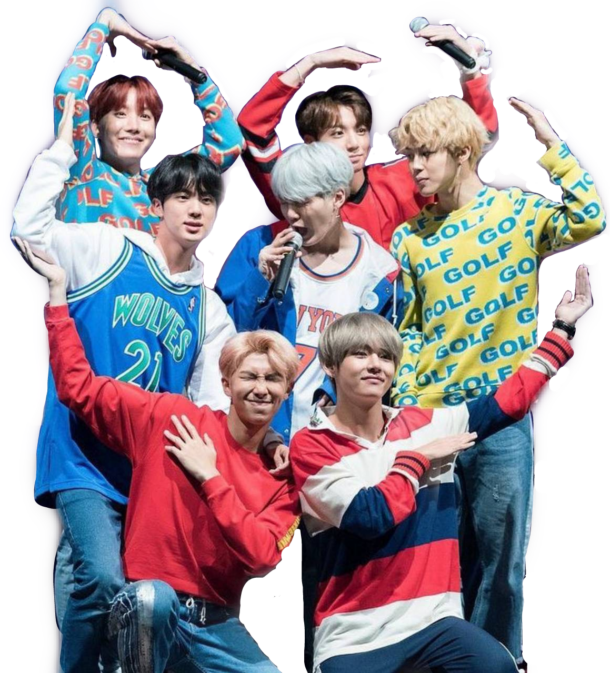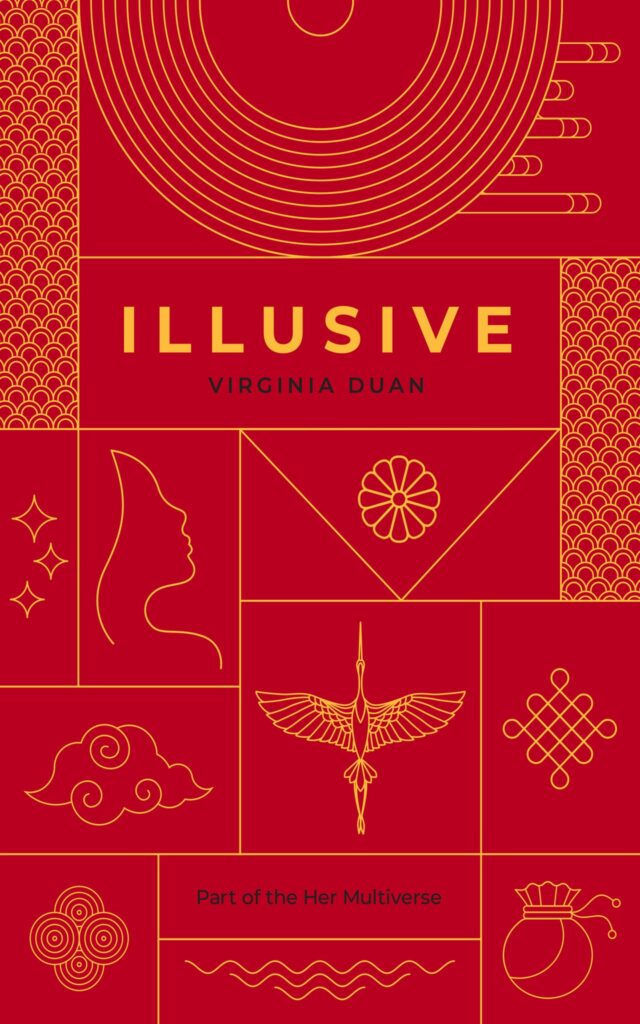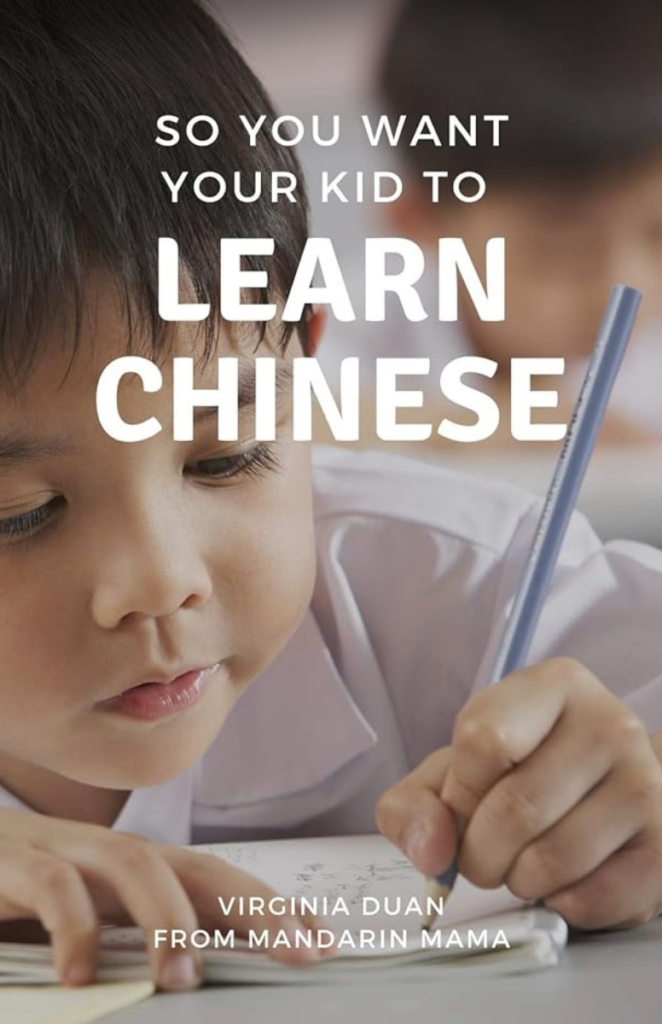As much as I would like to think I am a progressive person and would just naturally know injustice when I see it, I really don’t think that is so. Since Trayvon Martin and the Zimmerman case have been in the news recently, I’ll use that as an example.
Here’s my horrible confession: the MAIN reason I feel so strongly about the injustice against Trayvon Martin is because I have one really, really, really good black male friend. Like so good, I consider him to be family. Of course, it’s not the ONLY reason I am angry and sad about the verdict, but when I’m honest with myself, it is the primary reason.
Why? Because all I can think about is, “What if this happened to my friend, PH? What if this happened to his future sons (who I will consider my nephews)?” I’ll tell you what. I would be devastated. Hateful. Full of Hulk Smash. Because racism would have killed someone I consider family.
That is the crux of my confession: that I am only this angry when someone connected to ME is hurt. Yes, even in all my profession of enlightenment, blah blah blah, it boils down to selfishness – YOU FUCK WITH MINE, I WILL FUCK YOU UP.
But this post isn’t about unpacking why I (and really, most humans) tend to defend and pick up causes that affect us personally. This is, strangely enough, turning into a post about why it’s important for us to have close friends who are very different from us. I don’t mean friends in the sense that you have black co-workers or know a gay person or have an atheist neighbor. I mean DEEP friendships where you know the other person almost as well as yourself. Where you consider them a part of you and if they are absent, you miss them like an arm or a leg.
And perhaps, now that I think about it, it isn’t even necessary to have super deep friendships. It is often enough to have friendships where at the very least, you are aware of their pain and the issues that affect them and their lives. What I mean is, regardless of the depth of friendship, you have to be able to see them as a person – an individual. And when you hear of the injustices enacted against them (and everyone, regardless of race, sex, orientation, religion, etc. experiences injustice – they just may vary in severity and frequency), you feel as if it happened to you.
Ironically, it is because of Facebook that I feel as if I identify more and more with folks who are different than I am. Not because Facebook is the place where people are Real, but because a few brave friends are honest on that forum – and I admire them and respect them all the more for it. I freely confess that prior to seeing some very personal posts on Facebook, I only read about certain issues on blogs. Though the injustices bothered me, it didn’t really affect me.
But now, because I have friends on Facebook who share about the prejudices they face living in a poly family, or being LDS and deeply religious, or choosing not to have children, or being gay, I CARE. I care now, because when I see these issues at play in society at large, I no longer think of the oppressed as a mass of faceless people. I see them as my friends. By name. Who I know and care about.
That is why it is important to have REAL friends who are completely different than you. Groups become individuals. And granted, these individual friends do not owe you anything and are not by default, a spokesperson of any sort to you. But it makes it easier to identify and humanize groups who are almost alien to you and your core beliefs.
Come to think of it, until recently, I have tried to make my Facebook page as controversy free and inoffensive as possible. Mostly because I hate arguing “facts” (I am terrible at remembering facts and details that back up my arguments) and having people think negatively of me. (It may come as a shock to some of you since I seem as if I say whatever is on my mind. But that’s because most of that stuff, I don’t care about. I have relatively little shame in many areas.) I don’t think I want that anymore.
Facebook friends, you’ve been warned.







